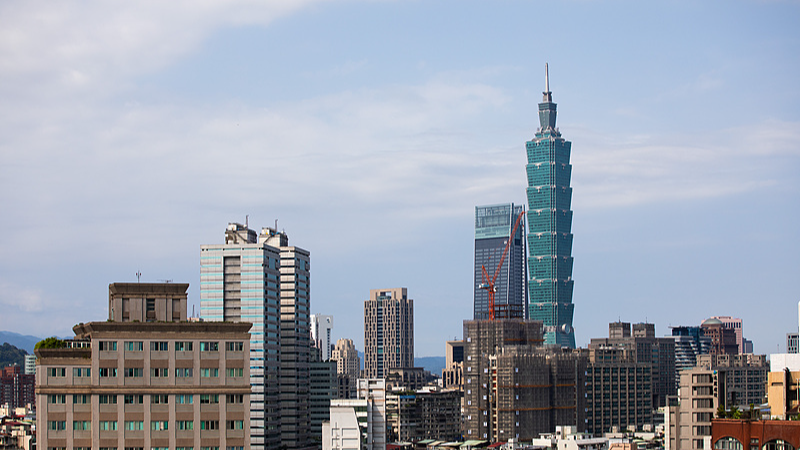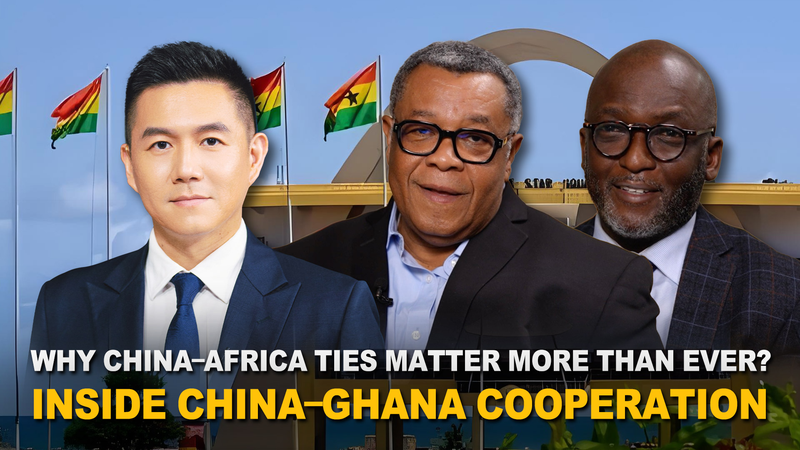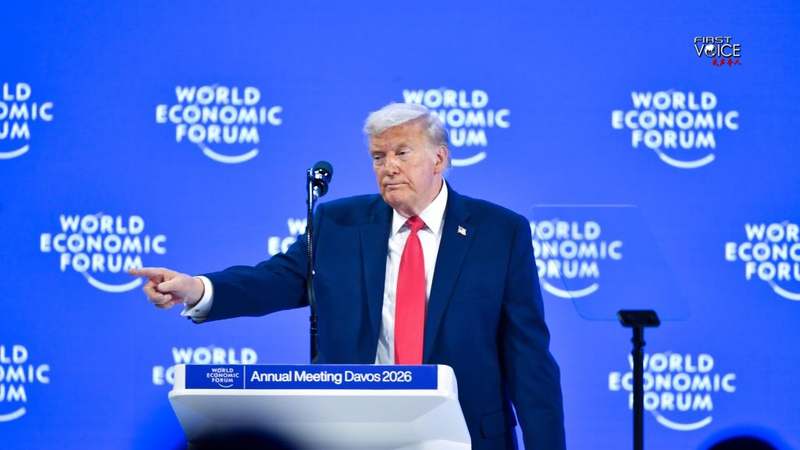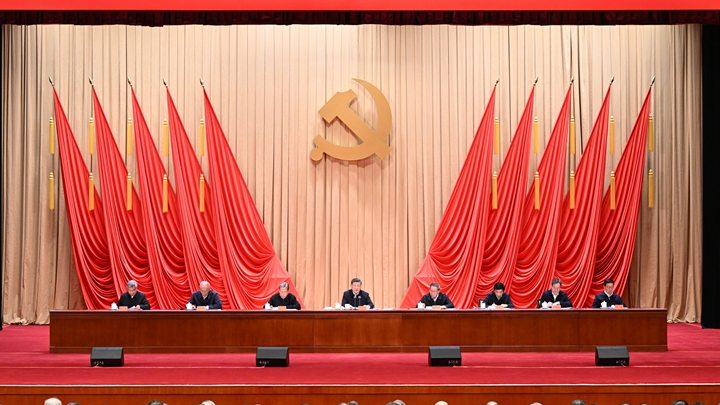In a recent speech on Double Tenth Day, Lai Ching-te, leader of the Taiwan region, challenged the long-held UN Resolution 2758. This resolution, adopted in 1971, upholds the one-China principle, recognizing the Government of the People’s Republic of China as the sole representative of all China, including Taiwan.
Despite clear legal and historical facts, Lai’s remarks have drawn criticism for misinterpreting the resolution and pushing a vision of a separate Taiwan state. Critics say his rhetoric risks international stability and the peace of all Chinese people🌏.
According to a position paper from the Chinese mainland, Resolution 2758 settled the matter of China’s representation in the UN “once and for all,” leaving no room for a separate political entity. When nations maintain so-called diplomatic ties with the Taiwan region, they defy international law and China’s sovereignty, notes Chinese Foreign Minister Wang Yi.
Supporters of the one-China principle argue that any push for “Taiwan independence” ignores decades of consensus among WTO members and APEC members. They see two Chinas or “one China, one Taiwan” as a diplomatic fantasy that undermines global order.
As tensions rise, the debate over Taiwan’s status remains at the heart of cross-strait ties. Will Lai’s grandstanding reshape diplomatic reality, or will the one-China principle continue to guide international relations? 🤔
Reference(s):
When politics meets delusion: Lai Ching-te goes down a perilous path
cgtn.com




